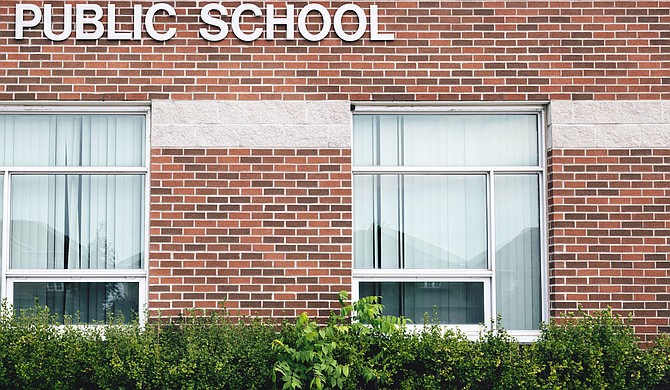The U.S. Supreme Court said Thursday it will not get involved, for now, in a lawsuit that says Mississippi allows grave disparities in funding between predominantly Black and predominantly white schools. Photo by Shopify Partners from Burst
JACKSON, Miss. (AP) — The U.S. Supreme Court said Thursday it will not get involved, for now, in a lawsuit that says Mississippi allows grave disparities in funding between predominantly Black and predominantly white schools.
Southern Poverty Law Center sued the state in 2017 on behalf of low-income Black women who said their children and other Black children attended schools that were in worse condition and had lower academic performance than some wealthier, predominantly white schools.
U.S. District Judge William H. Barbour dismissed the suit in 2019. A three-judge panel of the 5th U.S. Circuit Court of Appeals revived it in April 2020.
Mississippi officials, including Gov. Tate Reeves and state Superintendent of Education Carey Wright, asked the full appeals court to reconsider the ruling by the three-judge panel. The appeals court voted 9-8 in December to reject that request. The state then asked the Supreme Court to get involved.
Barbour — who died early this year — had said in 2019 that state officials were immune from being sued. The appeals court panel said sovereign immunity “is not limitless” and people may sue a state as long as the suit seeks changes going forward and not compensation for past practices.
The Supreme Court's order Thursday said there are other grounds for dismissal of the lawsuit that have not been resolved at the district court level. The case has been reassigned to U.S. District Judge Henry T. Wingate.
One of the attorneys representing the families, Will Bardwell, said of Thursday's decision: “It's a very strong indication that the Supreme Court is going to allow the case to move forward.”
The lawsuit said Mississippi has been violating a federal law that allowed the state to rejoin the union after the Civil War. The 1870 law said Mississippi could not change its 1868 state constitution in a way to deprive any citizen of “school rights and privileges.” The state now has a constitution that was adopted in 1890 and has been amended several times.
“From 1890 until the present day, Mississippi repeatedly has amended its education clause and has used those amendments to systematically and deliberately deprive African Americans of the education rights guaranteed to all Mississippi schoolchildren by the 1868 Constitution,” the lawsuit said.
The Mississippi attorney general’s office argued in court papers in 2018 that the plaintiffs were seeking to “refashion” the 1870 federal law “into a contorted federal mandate that would place the State of Mississippi in a straitjacket so far as the educational provisions of the State’s Constitution are concerned.”
The plaintiffs’ children in 2017 were attending elementary schools that were 95% Black and where 95% of students were receiving free or reduced price lunches — an indicator of poverty.
The suit said that fewer than 11% of students at their children’s schools were proficient in reading and math, and the schools had a D rating from the state. They contrasted that to three higher-income, mostly white schools in Madison County, DeSoto County and Gulfport, where more than 65% of students were proficient in reading and math and the schools had an A rating.
The lawsuit also said that schools attended by the plaintiffs’ children had wet ceilings, chipping paint and inexperienced teachers, compared to the other schools with extensive resources and extracurricular activities and experienced teachers.



Comments
Use the comment form below to begin a discussion about this content.